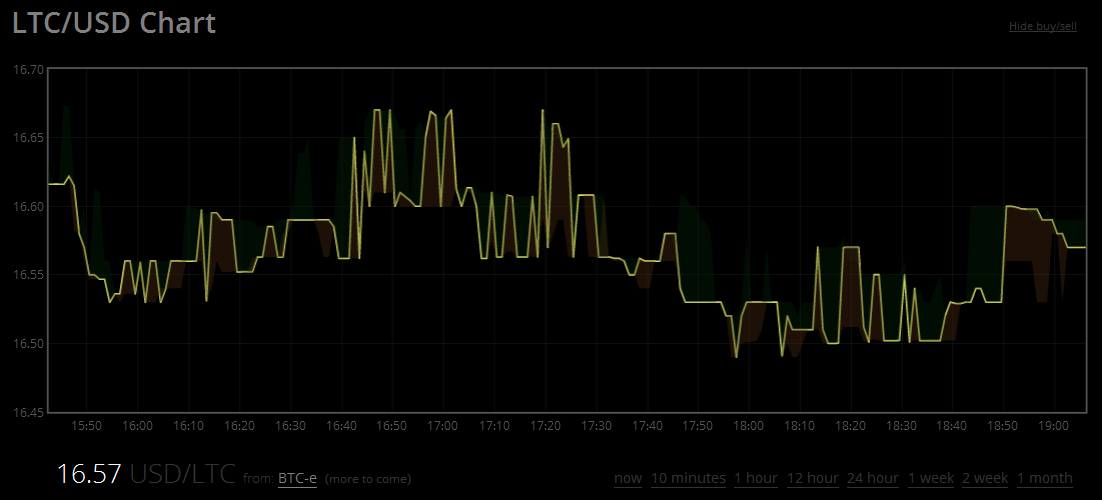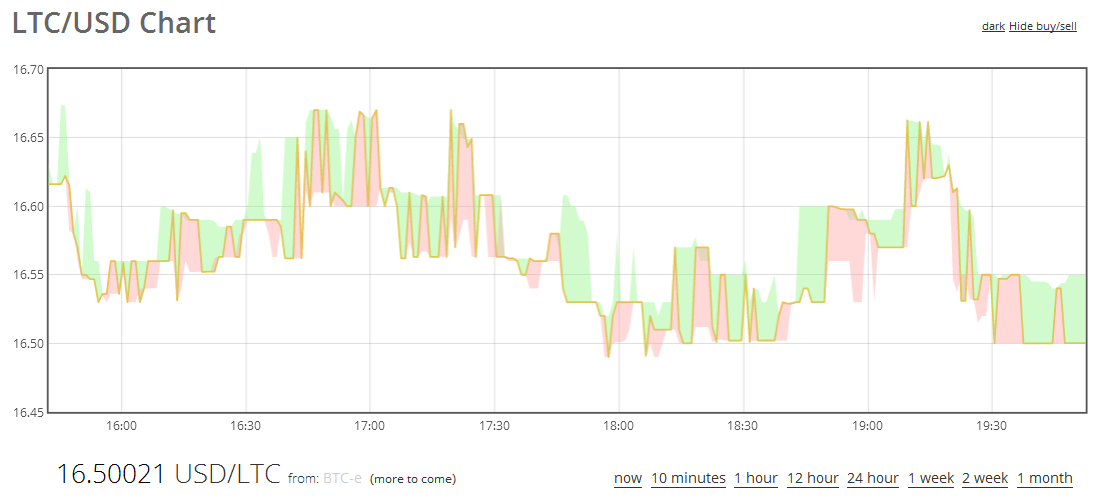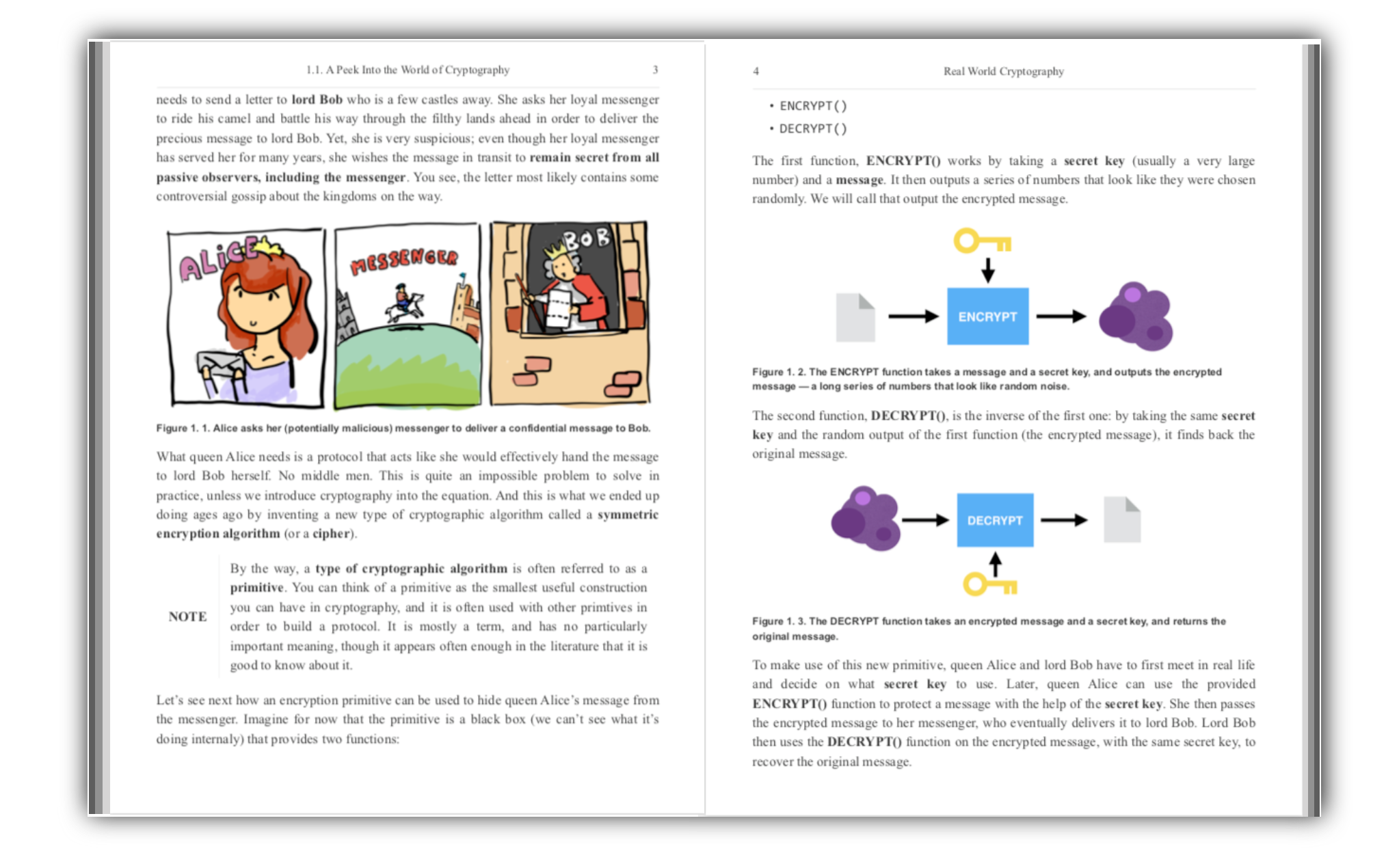I wanted something I could display on my TV continuously, I think I did a pretty good job.
This shows how much is a LTC in US dollar in real time, it's made with a bit of python and a bit of javascript, you can check it here


I have two invites for the new IDE by github. I can't try it because I don't own a mac and there are no versions for windows at the moment (not even linux). Weird, but eh, if you own a mac and want an invite just ask me in the comments !
https://atom.io/
https://twitter.com/gavinandresen/status/441547758827474946
I won't link to the article because it's just a plain DOX and way too creepy for my blog, but the creator of bitcoin has been found.
A video I found about Elliptic Curve Cryptography that talks about the Discreet Logarithm Problem and the Diffie-Hellman Handshake with ECCs. Class is in english, with bits of german and even some french :)
Such a nice lecture, Christof Paar makes me think of a younger Gilbert Strang, seems to be a great professor. I was captivated until the end and I started liking ECCs again :)
Great lecture from Matt Whitlock, the video's quality is a bit off but the talk is really easy to understand and nicely paced.
And you can tell right away that he's a great educator: "I'll explain first why we use ECC, because in general I don't really understand things when I don't know how they're important" (not the exact words but you get the idea).
Monetize without ads
This ingenious website proposes to make your users mine through a javascript script. It doesn't seem to be heavy, so pretty discreet, and it also doesn't seem to work yet. But the idea is pretty cool!
Check it out here: http://tidbit.co.in

You liked dogecoin? Well now there is Nyan Coin (yes with the nyancat!)
here it is : http://nyancoin.org/
A teacher from my uni (and who was teaching Programming last semester) is organizing a Hacking Week next week. Signs up are still possible there : http://hackingweek.fr/contestant/list/
It should be a Capture The Flag kind of contest. It should be interesting, although I'm going to ski with some friends so I won't be able to be really into it...




